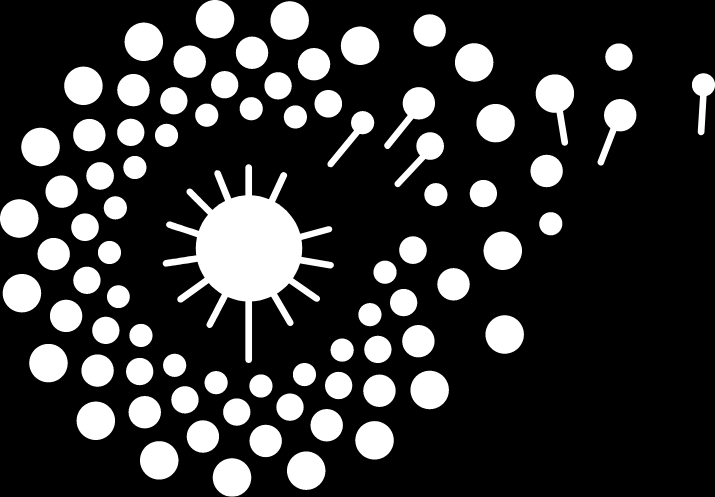I Want A Better Catastrophe by Andrew Boyd
Chapter 4: How To Be White At The End Of The World
Acknowledging Privilege in Catastrophe
In "How To Be White At The End Of The World," Andrew Boyd discusses the intersection of privilege, race, and the impending climate crisis. He starts by confronting the uncomfortable truth that his white privilege will shield him from the worst ramifications of ecological disaster, unlike less privileged communities who will bear the brunt of the suffering. Boyd recalls his college days when he was first made aware of his societal advantages and the oppressive systems he inadvertently supported. This realization posed a difficult choice: to either reject these uncomfortable truths or lean into the discomfort for the sake of justice and personal growth.
The Inequity of Climate Impacts
Boyd grapples with the reality that although climate change affects everyone, it does not impact everyone equally. He asserts the importance of acknowledging historical injustices that have led to a world where the poor and marginalized are the most vulnerable to climate change. This recognition is not just a matter of environmental stewardship; it's about climate justice—addressing historic wrongs and ensuring those most affected by climate change have a say in the solutions.
The Narrative of Privilege
Boyd confronts the dilemma of how to tell his story as a well-off white male and comprehend his place in the climate justice movement. Recognizing the power dynamics that silence others while amplifying his voice, Boyd seeks a story that is genuine and acknowledges his complicity in oppressive systems. Despite the privileges that distance him from the most severe consequences of climate change, Boyd finds a personal narrative rooted in his family's immigrant history and experiences that shaped his activist identity.
Solidarity and Action Amidst Despair
The concept of shared suffering and solidarity comes under scrutiny as Boyd admits that he has the luxury to entertain feelings of hopelessness without the immediate material consequences faced by others on the front lines of climate injustice. He suggests that while it may be important to align with those who cannot afford despair, it is also critical to confront privilege that allows one to choose hope or hopelessness. He explores the tension between indulging in despair, bearing the weight of guilt, and striving for a love-driven justice, concluding that one must recognize the full complexity of being human in these choices.
Choosing Hope and the Burden of Change
Boyd argues for a nuanced approach to hope, guilt, and justice in the face of climate catastrophe. He acknowledges the paradoxical nature of hope in the privileged and the necessity of embracing all aspects of one's response to climate change. This includes being true to one's feelings of despair while also seizing moments of hope and solidarity. Boyd stresses that action against climate change should not only be for the oppressed but also as a means of self-preservation as climate impacts become universally felt. In summary, Boyd advocates for a deeply personal, yet universally informed, commitment to climate justice rooted in an honest assessment of one's position and privilege within a rapidly changing world.

